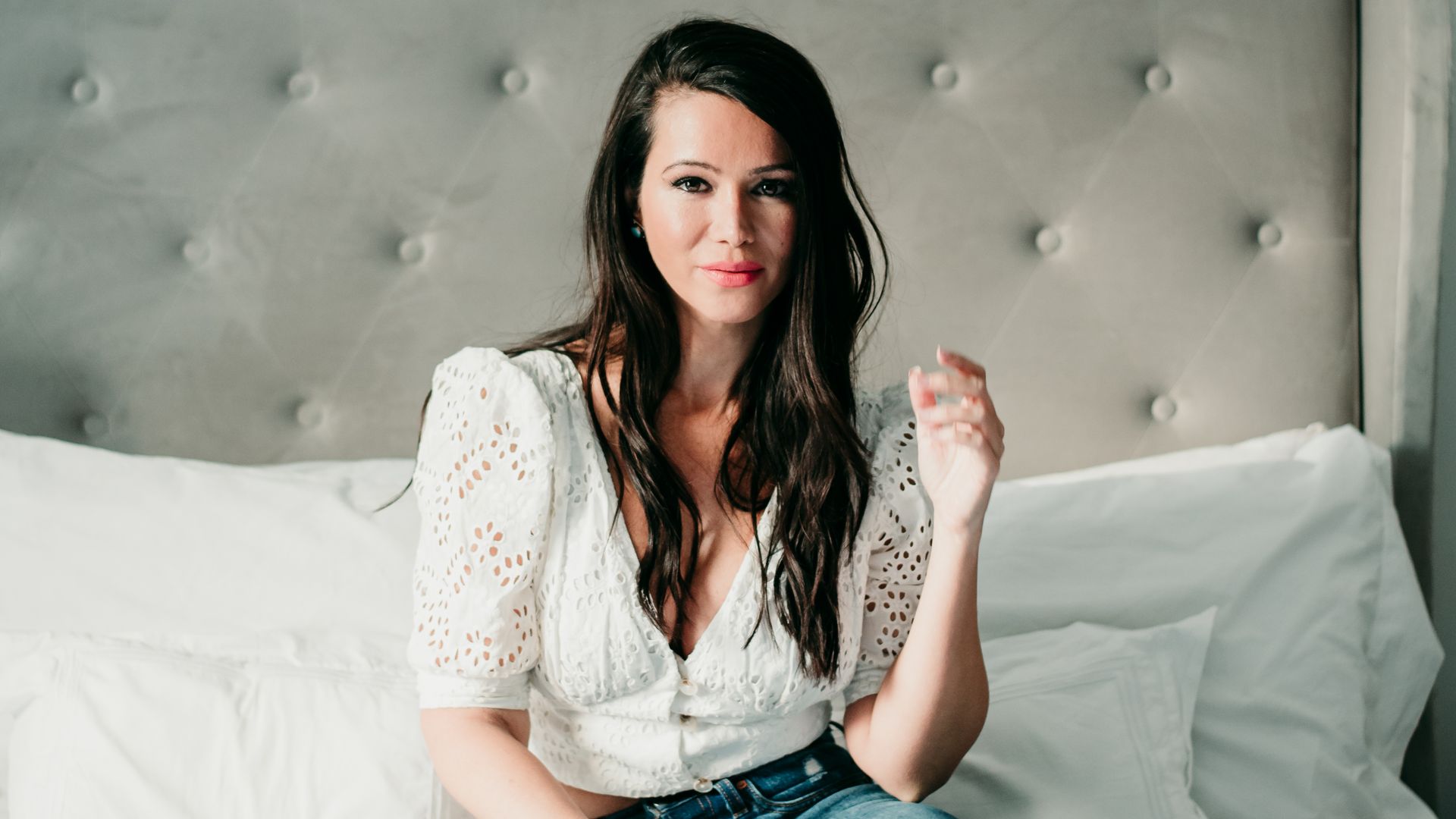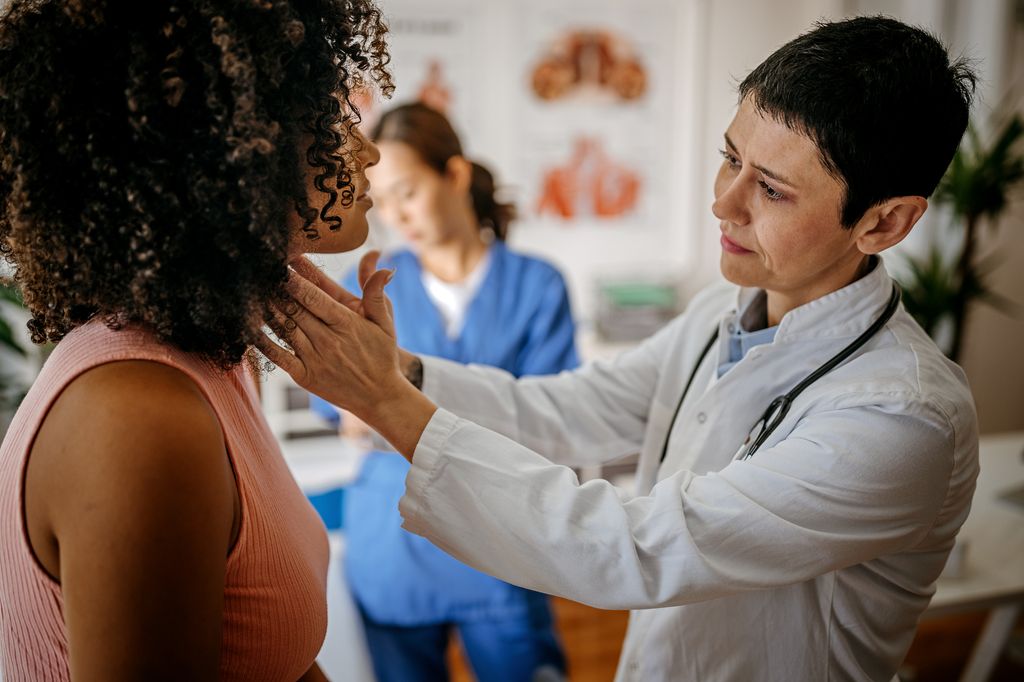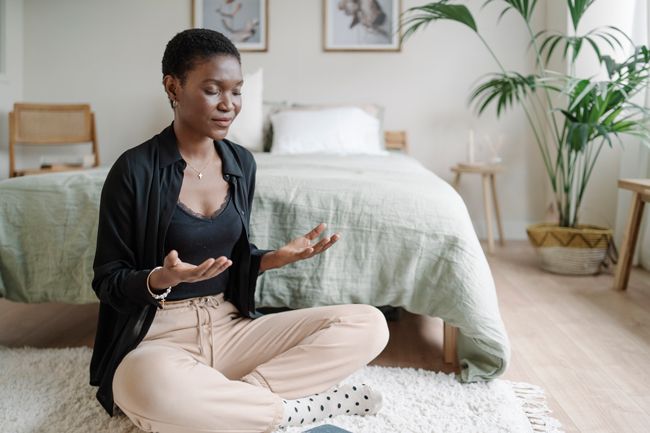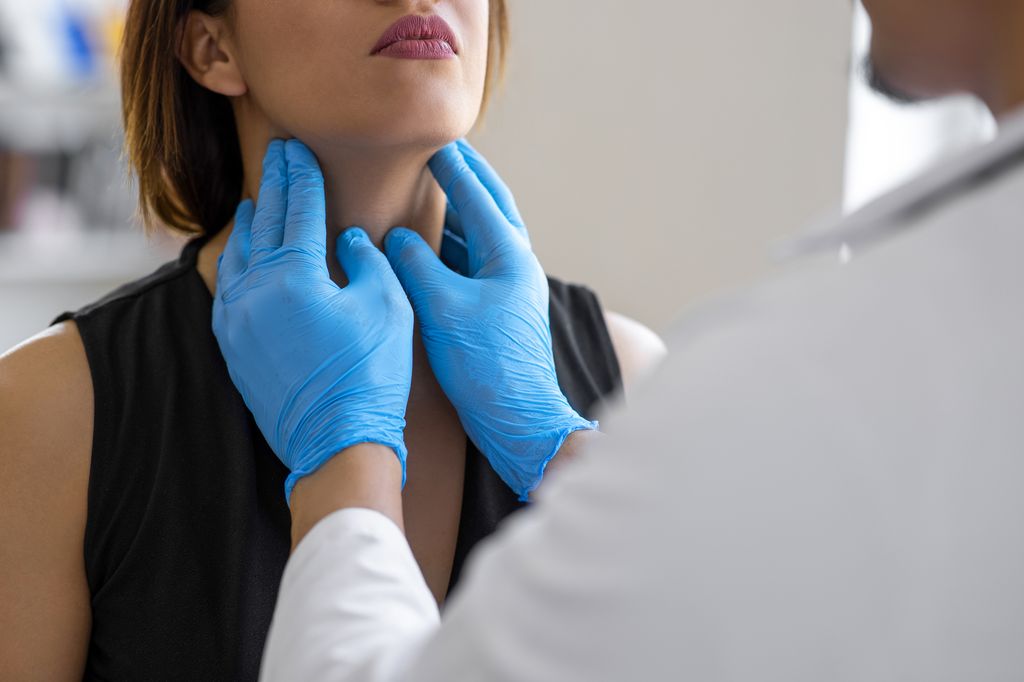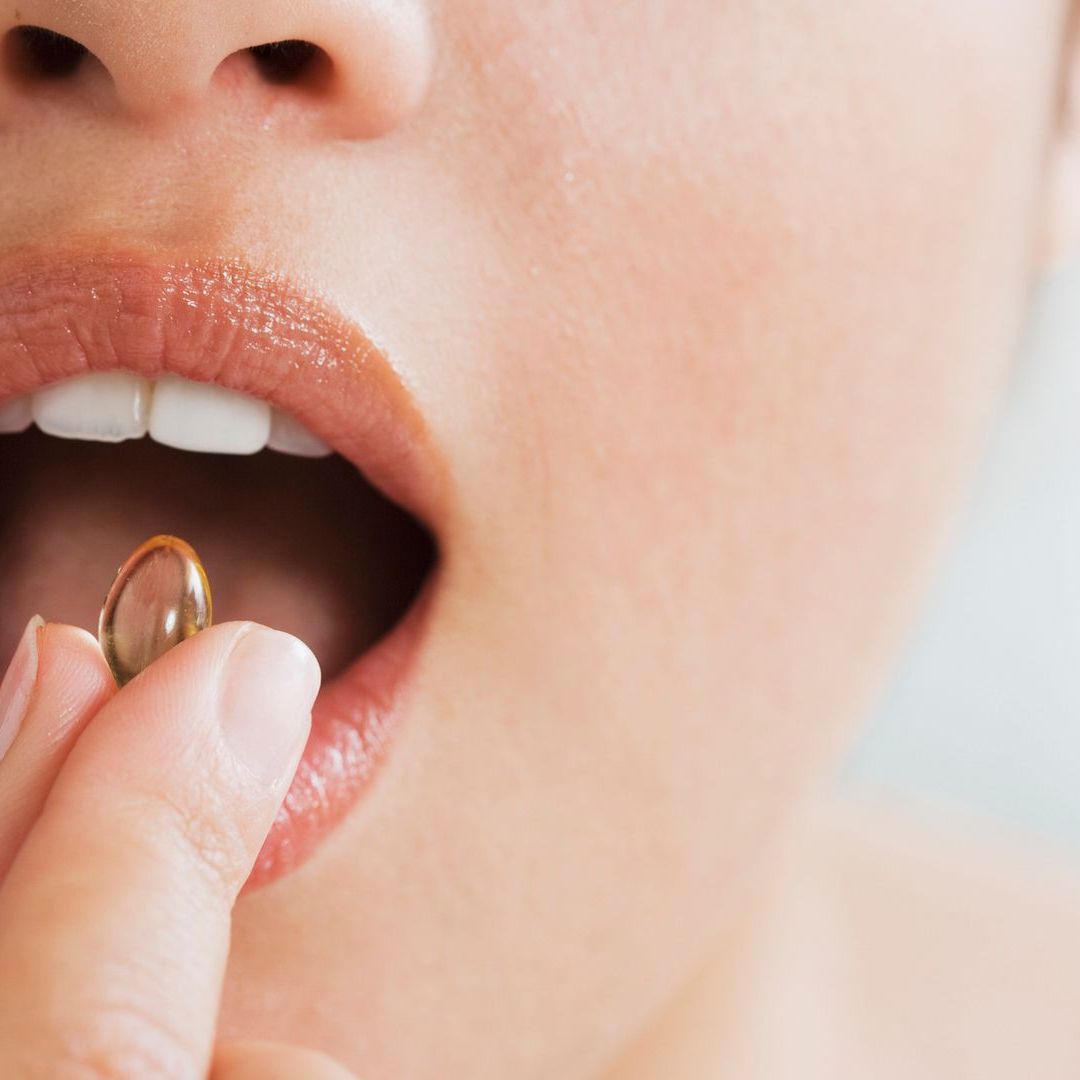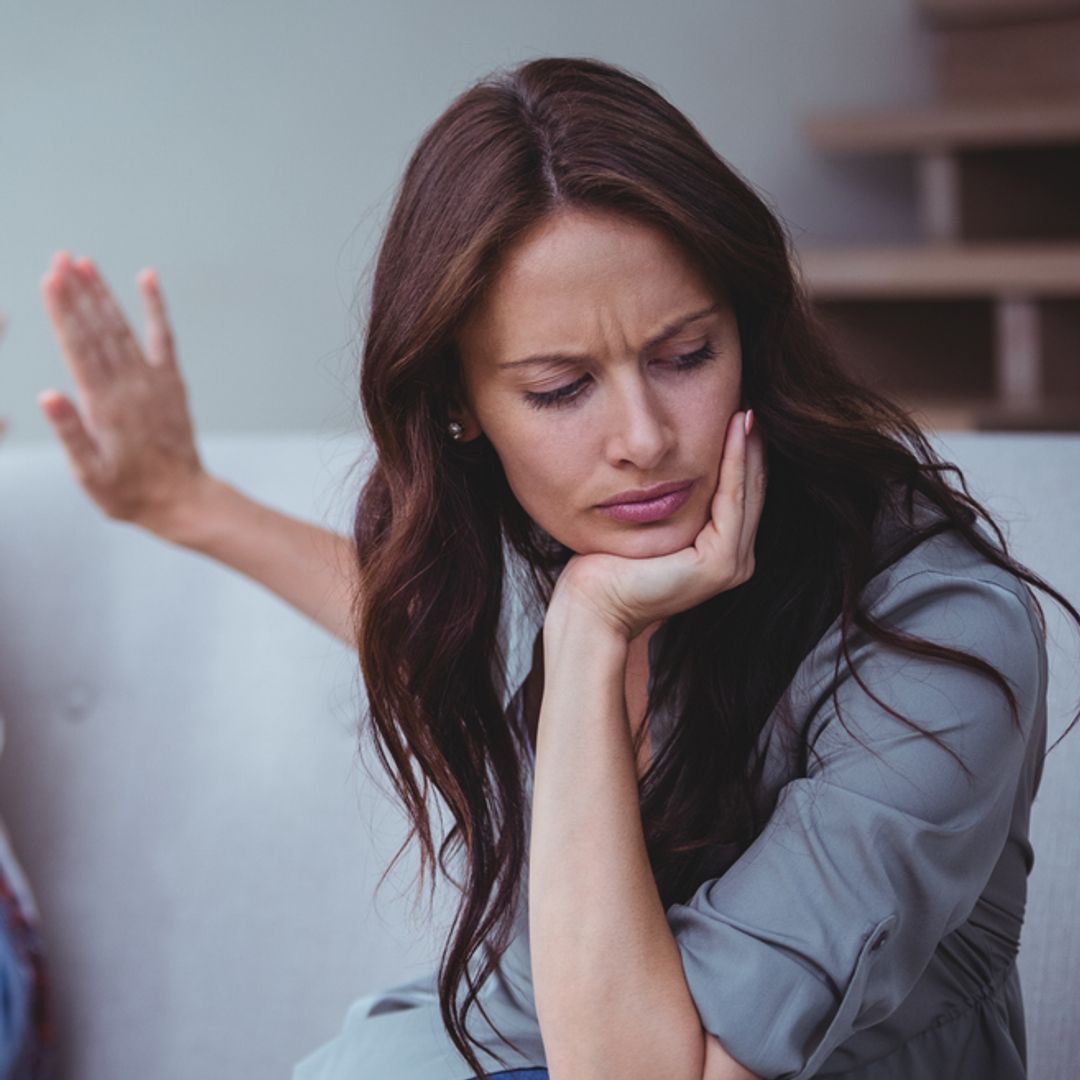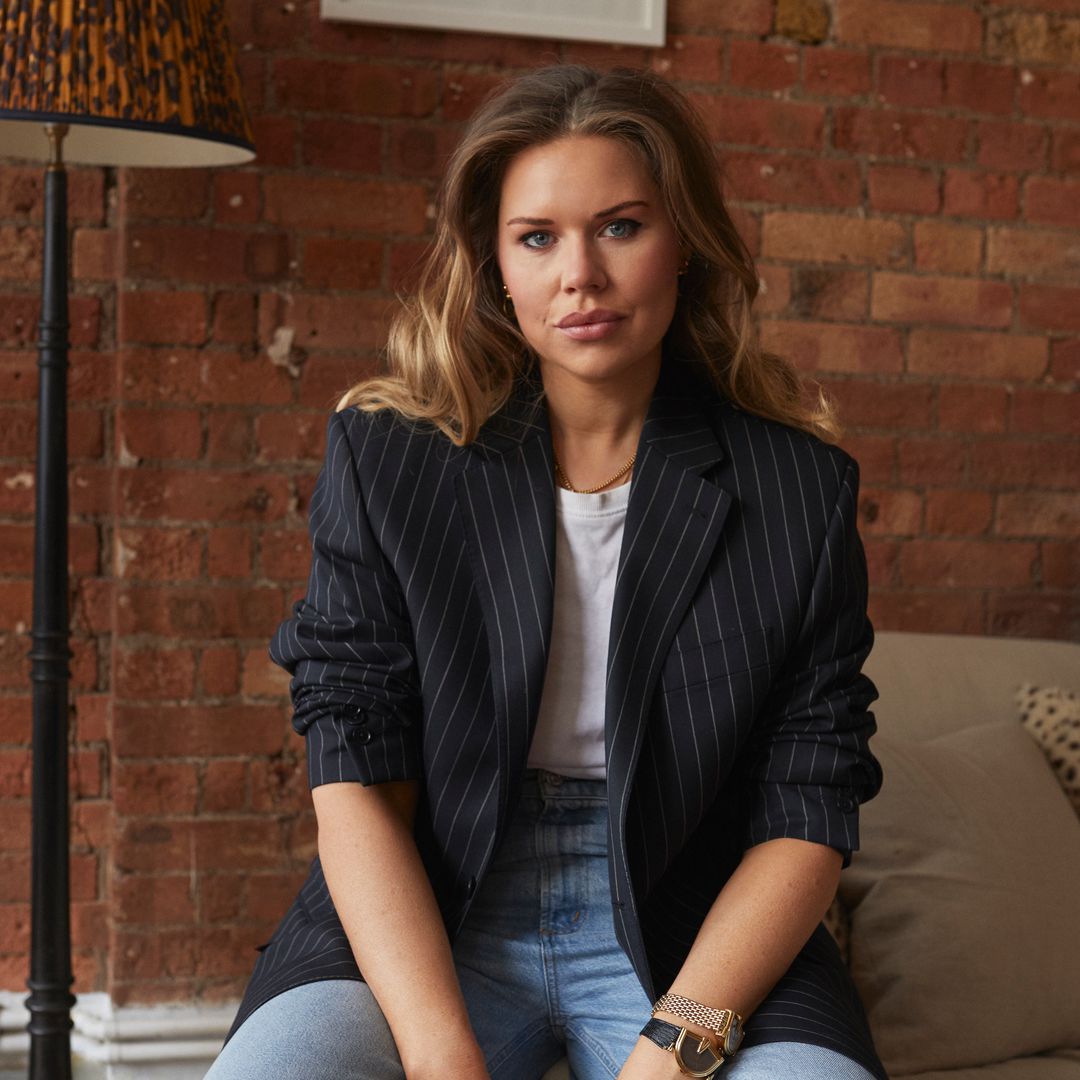In June of 2022, I started noticing inflammation around my abdomen area, which was not normal for me.
At first it was sporadic, so I assumed it was food-related. The bloating would come and go, so although it was unusual I didn’t think much of it. I did a weeklong cleanse and the inflammation seemed to subside. But by the time Christmas came around, the bloating and inflammation had started up again and was becoming more frequent.
By March of this year, I knew something was wrong. I felt 'off' and the bloating became a daily occurrence to the point where I would wake up in the morning looking like I was three months pregnant.
Everyone kept telling me it was most likely a gluten intolerance or food sensitivity, but I had a nagging gut feeling to go see an endocrinologist.
I had never been to see an endocrinologist in my life, but that little voice in my head wouldn’t let it go. A friend suggested I see Professor Shern Chew at OneWelbeck, whom I attribute to saving my life.
When I explained my chronic bloating issues to him, the first thing he asked was if I had ever had my thyroid checked, as sometimes there can be a correlation. The answer was no. In the entire nine years I’ve lived in the UK, no doctor or nurse has checked my neck.
So it came as a surprise when Professor Chew examined my neck and found a lump, which I couldn't see or feel myself. He explained that it’s common for women to have thyroid nodules and that 90% of the time these nodules are benign but for peace of mind I should get an ultrasound.
Six weeks later I had my ultrasound and that’s when things took a turn. What seemed to feel like a small lump in my neck was a 2.3cm nodule. The radiologist picked up some concerning details and marked me urgent for a biopsy called a Fine Needle Aspiration (FNA), to test the cells inside the nodule to determine if they were benign or abnormal.
At this point, I still wasn’t too worried. Statistically speaking I had a 90% chance of being fine, so I didn’t think I could possibly fall into the 10% minority. I was wrong. The biopsy results came back showing papillary carcinoma cells, and I was told it was stage 1 thyroid cancer.
READ: Why you shouldn't dismiss your bloating as IBS or food intolerances
Thyroid cancer treatment
The only form of treatment available to me was to remove my thyroid. It’s the phone call you never expect to get and are never prepared for, and in that moment and the days that followed, I went through waves of emotions, ranging from disbelief to sadness to slight hysteria.
There was one day when I physically could not get out of bed because I couldn't mentally or emotionally face this new reality. I felt like my life was over and there were a lot of tears and 'why me?' moments
Although my doctor kept urging me that I was lucky it was caught early, it's hard to see positives when you receive a cancer diagnosis.
I've spent endless hours racking my brain trying to figure out how this could possibly have happened. Was it too much sugar? Was it stress? At a certain point I had to stop obsessing over what may have caused my thyroid cancer. My mindset then shifted to, 'Okay, how am I going to get through this?'
How I got through my cancer diagnosis
What has helped me the most throughout this journey was speaking to other women who have gone through the same.
At the start of my diagnosis, I felt alone. I didn't know anyone who had been diagnosed with thyroid cancer and the truth is, as much as people try to understand, there's no way they can unless they've experienced it themselves.
My friends rallied to support me and began connecting me to women they knew, in the UK, Portugal and US, who had also been diagnosed with thyroid cancer and had come out on the other side.
What astounded me was that most of them never had any symptoms or felt lumps in their necks. Just as in my case, theirs was an accidental discovery.
This made me realise that there needs to be more awareness on the importance of neck checks. In the US, the top female Endocrine Surgeon, Dr Rashmi Roy, at the Clayman Thyroid Surgery Center, is trying to implement a mandate that neck checks be required during medical exams, to help save lives.
My hope is that the UK will also see the value in mandatory neck checks. It's a quick and easy manual exam for a doctor to do, and can mean the difference between life or death.
How I'm looking after myself amid thyroid cancer
1. Time in nature and meditation
Since my diagnosis I can't manage stress well at all. The moment I start to feel anxious, I get a physical reaction that goes straight to my neck.
It's the oddest thing, because I've never felt this sensation before, but it feels like someone is strangling me and at times, I can feel my thyroid nodule pulsating.
Because of this, I've tried to cut out anyone or anything from my life that was causing me stress. I spend more time in nature, going for walks in the park and during the summer I was at the beach a lot.
I've always been big on meditation but never consistent with it. Since the diagnosis I meditate daily and have also learned a form of dynamic meditation called The Silva Method, which teaches you how to connect to an alpha brainwave state during meditation, so you go deeper.
2. Fasting and breathwork
The first thing I did following my diagnosis was consult with a nutritionist who had thyroid cancer years ago and managed to self-heal holistically.
She put me on her diet and supplements protocol and I tried to go plant-based for a while but felt too weak and tired so re-introduced fish and free-range eggs back into my diet.
I've cut out sugar as best I can and started doing breathwork, as it's proven that abnormal cells can't thrive in an oxygenated body.
Exercising has always been therapeutic for me, but even more so following the diagnosis. I've also been more consistent with contrast therapy at 111cryo/heat, to help enhance my immune system. I also try to fast for 24-36 hours once a week. Overall, I've made a lot of conscious lifestyle changes and have stayed committed to them.
RELATED: How my cancer diagnosis transformed my relationship with exercise
3. Beauty rituals
Regular facials and aromatherapy body massages help me de-stress. I haven't been sleeping well so I use the 111SKIN eye masks regularly.
4. Entertainment
I've been going out a lot as it's a good distraction for me and helps me forget my current circumstance. I also try to watch more funny movies and sitcoms.
What have I learned since my cancer diagnosis?
My biggest takeaway from all of this is to trust your intuition. We know our bodies. If something feels off don’t ignore the signs or rationalise them away.
Even though I knew my chronic bloating wasn’t normal, it took me four months to see the endocrinologist from the time I received his contact information.
I’ve also realised how important it is to advocate for your own health. No one is going to do it for you. If your doctor doesn’t offer neck checks, ask them to or request an ultrasound.
Get second and third opinions following a diagnosis. Just because a treatment is not offered in your country of residence, doesn't meant it's not offered elsewhere.
Had my thyroid nodule been discovered sooner I could possibly have been a candidate for a non-surgical treatment called Radiofrequency Ablation which successfully helps shrink benign thyroid nodules and small micro tumours.
However, no doctors in the UK offers this treatment so you have to travel to Italy for it.
How am I feeling now?
People keep asking me how I feel, and the truth is that physically, I feel completely fine. Emotionally is a different story. There are good and bad days. Because I haven't had surgery yet, I've been living in a bit of a denial bubble, pretending everything is still normal and my life hasn't changed. Sometimes I even forget I'm walking around with a tumour in my neck, but then the other day I started crying in the middle of Pilates class.
What's next for me is surgery. My hope is that half my thyroid can be saved and it will function enough so I won't have to go on hormonal replacement medication for the rest of my life, but there is no way to know until surgery.
Your thyroid does so much. It's only 5cm in size but controls your metabolism, body temperature, pace of your heartbeat. Some of the women I spoke to feel fine living without a thyroid and didn't notice much of a difference on the medication. Other women told me they struggle and don't feel as good as they did prior to their thyroidectomy.
I've always known health is a gift we shouldn't take for granted but I appreciate the fragility of it even more so. Ultimately, this experience has really put into perspective what, and who, is important in my life and how I want to spend my time. Time is something we will never get back so I plan on using it wisely from now on.
Find out more about thyroid cancer and the symptoms to look out for
